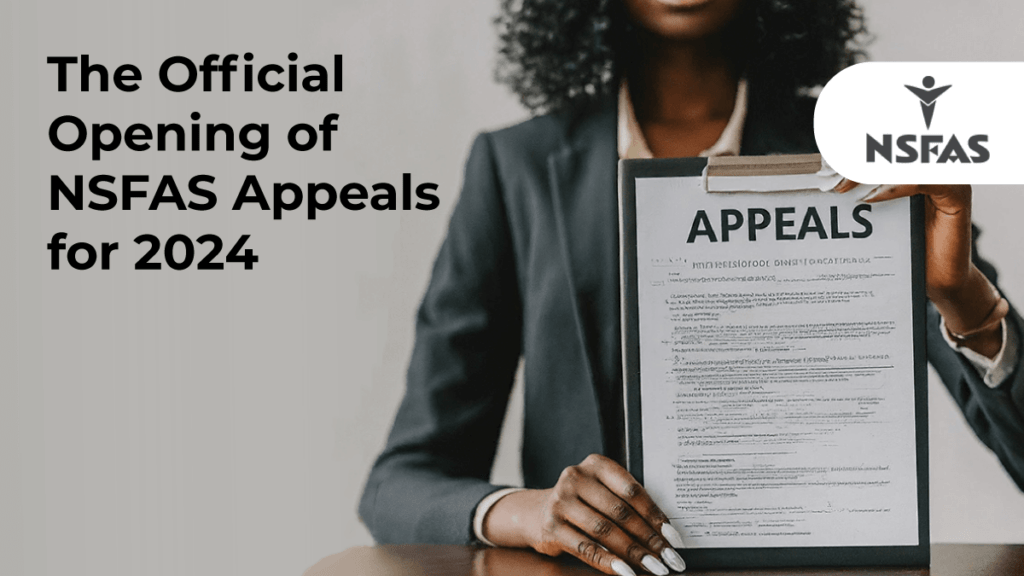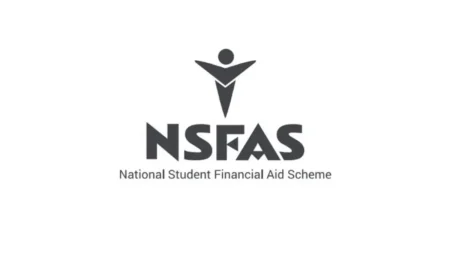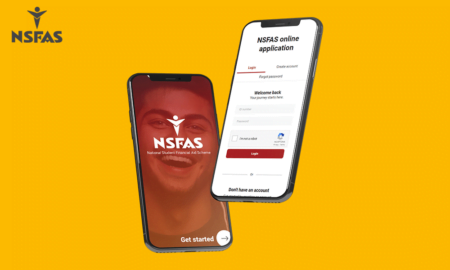As the deadline for the National Student Financial Aid Scheme (NSFAS) applications for 2024 comes to a close, a staggering number of almost 1.9 million applications have been submitted, highlighting the critical demand for financial assistance among South African students.
With the applications closing today, the process for NSFAS appeals becomes even more relevant for those whose applications face rejection.
Quick Stats: Provisional Funding and Immediate Approvals
Of the nearly 2 million applications received, NSFAS reports that:
- 967,303 applicants have been provisionally funded.
- 779,769 applicants, being Sassa beneficiaries, have been immediately approved.
- 191,493 non-Sassa applicants have successfully secured funding.
- leaving Over 100,000 NSFAS applications with a rejected status outcome.
However, many applicants report being in limbo, with their application status stuck on ‘Awaiting Evaluation‘ or ‘Financial Eligibility,’ creating an atmosphere of uncertainty and anxiety.
The NSFAS Appeals Window: A Second Chance at Funding
The NSFAS Appeals Window offers a crucial lifeline for students who find their initial applications for financial aid rejected. In the wake of over 100,000 rejections amidst nearly 2 million applications received, NSFAS provides a 30-day period for applicants to submit an appeal. This essential facet of the NSFAS funding process represents a significant opportunity for students to have their applications re-evaluated, potentially turning a rejection into an approval.
NSFAS appeals stand as a critical mechanism, especially for those who believe their rejection was based on incomplete or misunderstood information. The appeal process for 2024 not only opens a crucial window of opportunity for students to contest their NSFAS funding outcomes but also serves as a platform for presenting their case with additional supporting documentation or evidence. With more than a thousand appeals already submitted, the process underscores the persistence of hope and the pursuit of educational support among South African students.
This stage is designed to ensure that every student has the opportunity to present their case comprehensively. It emphasizes the importance of providing clear, compelling reasons and supporting evidence to challenge the initial decision. Whether it’s correcting errors in the original application, presenting new information about financial circumstances, or clarifying any misunderstandings, the appeals process is integral to ensuring fairness and accessibility in the distribution of NSFAS funding.
For students navigating this path, the appeal is more than just a procedural step; it’s a testament to their determination to secure the funding necessary for their higher education. It reflects the broader commitment of NSFAS to facilitate access to higher education for all South African students, acknowledging the complexities and challenges that come with assessing financial need and eligibility in a diverse and dynamic society.
Read More: Overcoming 3 NSFAS Rejections and Mastering Appeals
How to Submit Your NSFAS Appeals for 2024
The NSFAS appeals process is designed to be straightforward and accessible, ensuring that all students have a fair chance to have their applications reviewed. Follow these steps to submit your appeal:
- Visit the Official NSFAS Website: Access the NSFAS online portal.
- Log In or Register: If you have not already created an account on the NSFAS portal, you will need to register. Existing users can simply log in.
- Navigate to the Appeals Section: Once logged in, look for the appeals section on the dashboard. This section is specifically dedicated to handling appeals.
- Fill Out the Appeal Form: Carefully fill out the appeal form. Ensure that all the information provided is accurate and complete.
- Attach Supporting Documents: Upload all necessary supporting documents. This may include academic records, proof of household income, or any other relevant information that supports your appeal.
- Submit Your Appeal: Once you have reviewed your appeal and ensured that all information is correct, submit your appeal through the portal.
Read More: The NSFAS Appeal Process 2024
Key Dates and Deadlines
It’s crucial to be aware of the key dates and deadlines for the NSFAS appeals process. The official opening date for appeals is 15 February 2024 , and all appeals must be submitted by 15 March 2024. Late submissions will not be considered, so it’s important to act promptly.
Preparing for Your Appeal
The NSFAS appeal process is a critical opportunity for students whose initial applications for financial aid were rejected. To maximize your chances of a successful appeal, it’s essential to prepare thoroughly. Here’s an expanded guide on how to effectively prepare for your NSFAS appeal:
Gather All Relevant Documents
Before you begin the appeal process, it’s crucial to compile all necessary documents. This includes your academic records, proof of household income, death certificates for deceased parents (if applicable), and any other documents that support your case. Having these documents ready can significantly speed up the process and reduce the likelihood of delays. Organize them in a manner that makes it easy to reference and submit them with your appeal.
Be Clear and Concise in Your Appeal Letter
Your appeal letter is your opportunity to directly address the reasons behind your application’s initial rejection. It’s important to be clear, concise, and specific. Outline your situation and explain why you believe your application deserves another review. Highlight any changes in your circumstances, errors in your initial application, or additional information that supports your eligibility for funding. Remember, clarity and specificity are key—avoid adding unnecessary information that does not directly support your appeal.
Regularly Check Your Email and the NSFAS Portal for Updates
After submitting your appeal, it’s important to stay proactive by regularly checking your email and the NSFAS portal for any updates or feedback. NSFAS communicates decisions and requests for additional information through these channels. Keeping an eye on your communication channels ensures that you won’t miss any important updates or deadlines related to your appeal.
Understand the Importance of the NSFAS Consent Form
The NSFAS Consent Form is a critical component of both your initial application and your appeal. This form allows NSFAS to verify the income and household information you’ve provided. It’s essential to ensure that this form is accurately filled out and submitted with your application. A correctly completed NSFAS Consent Form can be the difference between a successful and an unsuccessful appeal, as it directly impacts NSFAS’s ability to assess your financial need accurately.
Additional Tips for a Successful Appeal
- Detail any socio-economic changes: If your family’s financial situation has changed since your initial application (e.g., job loss, additional dependents), provide detailed information and documentation to support this.
- Seek advice if needed: Don’t hesitate to seek guidance from your school’s financial aid office or a trusted advisor if you’re unsure about how to articulate your appeal or what documents to include.
- Proofread your submission: Before submitting your appeal, proofread your documents and letter for any errors. A well-prepared and error-free application reflects your seriousness and attention to detail.
With the application window closing today, the spotlight turns to the NSFAS appeals process, a vital avenue for those whose initial applications were not successful. This process not only offers a second chance at securing much-needed financial aid but also underscores the commitment of NSFAS to inclusivity and fairness in the distribution of educational funding. The staggering figure of over 100,000 rejected applications brings into sharp focus the importance of the appeals process, providing hope and a possible pathway to approval for many.
For a brighter future and the support you deserve, take the next step: submit your NSFAS appeal today and pave your way to educational success.










